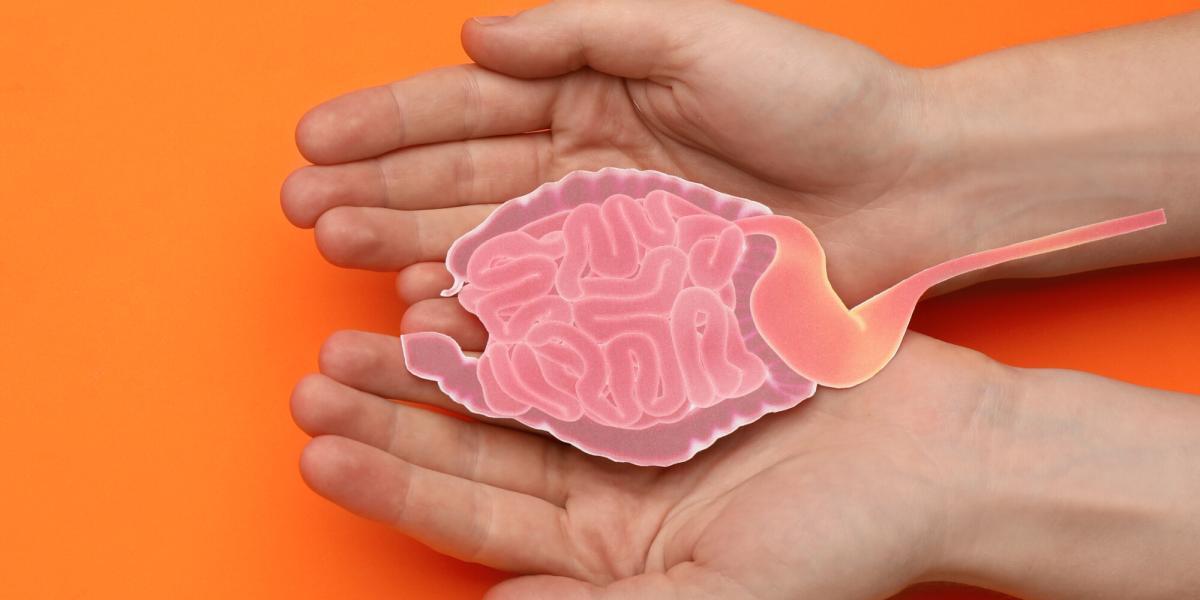It is often said that a healthy gut leads to a healthy life. However, if you lead a busy lifestyle, you may not feel as if you have total control over what you eat. Often, when we are occupied with work or other commitments, we neglect our dietary requirements and find solace in that scrumptious slice of pizza overloaded with cheese, or a big plate of fried fish and chips with extra sauce on the side. This may get the juices flowing, but the gut health goes for a toss.
Our gut health is important, as 80% of our immune response relies on the gut. Although it may be impossible to imagine, there are approximately 40 trillion bacteria living in our body, which collectively form a gut microbiome. The gut microbiome is responsible for proper digestion of food and also keeps our immune system strong. However, you should note that gut health is not only dependent on the microbiome or the food consumed, but hygiene habits, stress levels and sleep quality also play a key role.
What are signs of poor gut health?
Poor gut health can be easily identified by observing bowel movements. Though an irregular bowel movement does not always indicate presence of disease, it is often a sign that something is not right. Other than bowel movements, here are some other signs of a poor gut health:
- Rectal bleeding
- Abnormal weight loss
- Chronic upset stomach
- Chronic constipation
- Pain in bowel movements
If you are experiencing any of these symptoms, you should seek the advice of a medical professional as soon as possible.
So, how do I improve my gut health?
The maintenance of gut health may seem like a daunting task, but in practice, it is not that complicated. A simple balanced diet can make vast improvements. Coupled with an active lifestyle, this can do wonders for your gut. Here are five tips to help you make gut health a priority:
1. Consume a balanced diet
A balanced diet is one which has an equal balance of all the nutrients needed by the body in order to function normally. Replacing processed sugars and high fat food items with fruits, vegetables and grains can make a significant difference. Consulting a dietician to identify hidden food intolerances is also a good way to prevent inflammation in the gut, which can help relieve symptoms such as the ones listed above.
2. Exercise regularly
Exercising regularly helps us stay in shape and burns off the excess fat in your body. Studies have also shown that exercising regularly improves the gut microbial composition, promoting the production of more ‘good’ bacteria in the body. This helps in optimised functioning of the gut. Exercise also helps in boosting overall wellness by improving digestion, which results in better detoxification of toxins from the food consumed.
3. Lower stress levels
It may not always be easy to manage stress levels, but it is important for both your mental and physical wellbeing. While we may not intend to become stressed in our day-to-day lives, multiple external factors can influence our moods and thoughts, resulting in high stress levels. Research shows that high stress levels significantly interfere with gut health, resulting in leaky gut syndrome. However, you can take proactive steps to remain calm in stressful situations. Completing small errands in good time, asking others for help, practising meditation and learning self-soothing techniques can help in lowering stress levels.
4. Improve sleep hygiene
Quality sleep is underrated, but it can do wonders for your gut health. Uninterrupted sleep gives our body the rest it requires and improves the rate of gastric emptying. Moreover, melatonin (the ‘sleep hormone’ produced naturally within the body) helps with gastrointestinal mobility, which prevents GERD (Gastroesophageal Reflux Disease).
5. Stay hydrated
Hydration is one of the key aspects involved in improving gut health. Studies show that people who drink enough water throughout their day were found to have less infectious bacteria in their gut. The study also showed that drinking water is an important factor in ‘shaping’ the gut microbiome, which can be crucial for our immune health.
Bonus tip
The consumption of foods rich in polyphenols and probiotics, which are known to be your gut’s best friends, may have great health advantages. Items like cocoa, green tea, almonds, blueberries, curd can be beneficial for your gut due to their antioxidant and bacteria balancing potential. However, if you suffer from a weak immune system or have any food intolerances, it is imperative that you consult a doctor before altering your diet.







